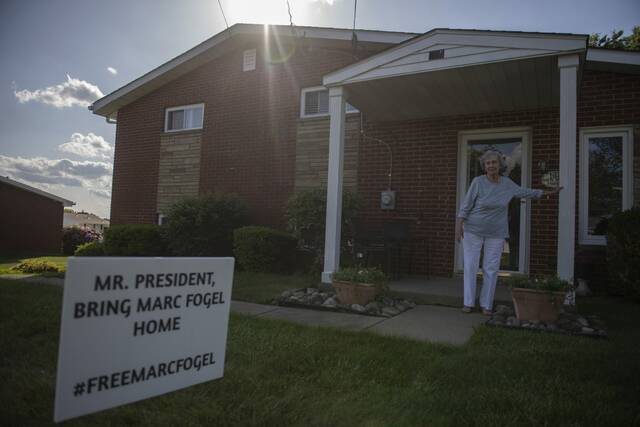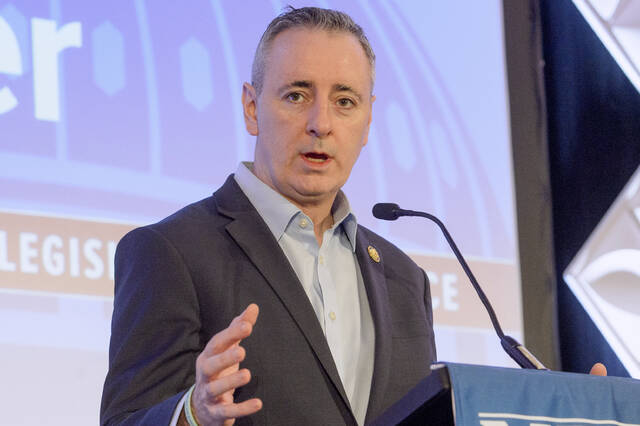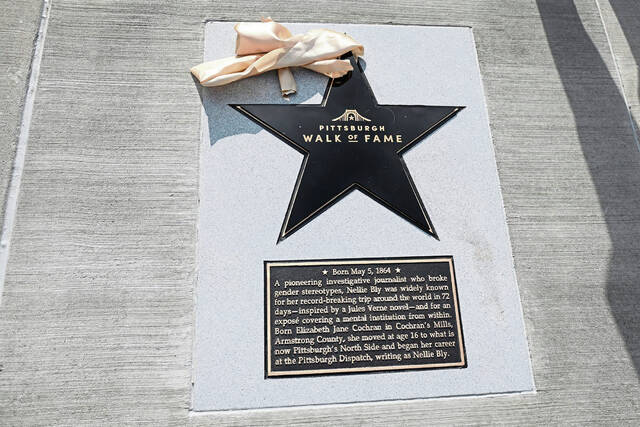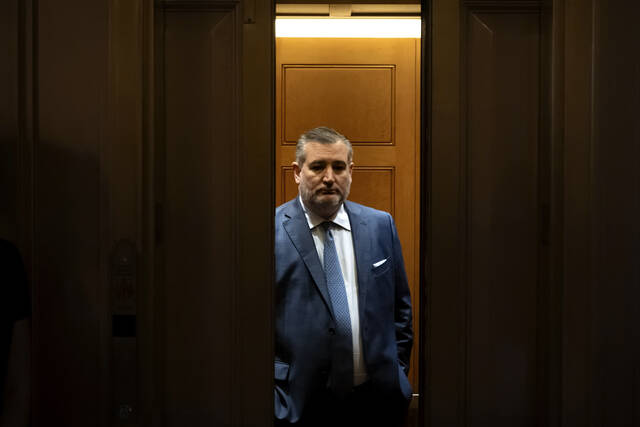Americans held in a foreign country during a presidential election year. It’s a scenario that sounds familiar for a reason.
In 1979, after the revolution overthrowing Iran’s Shah Mohammad Reza Pahlavi, hundreds of armed college students took the U.S. Embassy in Tehran.
It was a shocking event, with 66 Americans taken hostage. Another three were taken from the Iranian Foreign Ministry.
It was only the start of a long saga that played out every night as Americans watched the news, with anchors reminding them how long the prisoners were held.
For some, it was weeks. Three — a young secretary and two Marines — were freed Nov. 19, 1979. Ten more were released a day later. In July 1980, the vice consul was released because of an illness.
But, for 52 of them, the ticker kept ticking — for 444 days. One year, two months, two weeks, two days.
They would be released Jan. 20, 1980, shortly after Ronald Reagan’s inauguration.
For years, there has been speculation about the release. Was President Jimmy Carter’s State Department playing negotiations for the best timing? Did Reagan’s camp work behind the scenes to secure release or delay it?
A 1993 House of Representatives report said there was “no credible evidence” of Reagan working to delay the release. In March 2023, the New York Times’ Peter Baker wrote a story detailing back-channel communications between Reagan’s people and Iran.
Related:
• 40 years later: Mt. Pleasant tie to Iran hostage crisis revisited• Marc Fogel speaks about his health and hope of returning home in interview from Russian prison
• From the Newsroom podcast: TribLive unpacks the exclusive interview with Marc Fogel
• Editorial: Difference between Brittney Griner and Marc Fogel? One came home
• U.S. Senate calls on Russia to release Oakmont teacher Marc Fogel
Eleven days later, Wall Street Journal reporter Evan Gershkovich was arrested in Russia, charged with espionage. To date, he has been there 436 days, just eight days shy of the Tehran embassy hostages.
On May 23, former president and presumptive Republican nominee Donald Trump posted on social media, saying Gershkovich “will be released almost immediately after the Election but definitely before I assume Office. He will be HOME, SAFE, AND WITH HIS FAMILY. Vladimir Putin, President of Russia, will do that for me, but not for anyone else, and WE WILL BE PAYING NOTHING.”
It certainly drew attention. There were comparisons to his 2016 calls for Russia to investigate opponent Hillary Clinton’s emails. There were also allusions to Reagan and Iran.
What there needs to be is more emphasis on Gershkovich — as well as former Marine Paul Whelan and Oakmont teacher Marc Fogel.
Whelan has been held 1,982 days. For Fogel, it has been 1,021 days since he was arrested for possession of medical marijuana.
The release of the hostages in Tehran was complicated by the volatile nature of regional politics, a revolution and a blossoming war with Iraq. The situation in Russia involves the war with Ukraine, Putin’s simultaneous iron grip and instability and, unfortunately, escalating political polarization at home.
The State Department must do its job to bring all three men home. It is a labyrinthine deal-making process that has enough politics baked in internationally. It has to be free of it at home.
Every elected official, every candidate and every diplomat has to come together in one united front. And, if we can’t do that, it is no surprise the ticker for all three keeps ticking.








